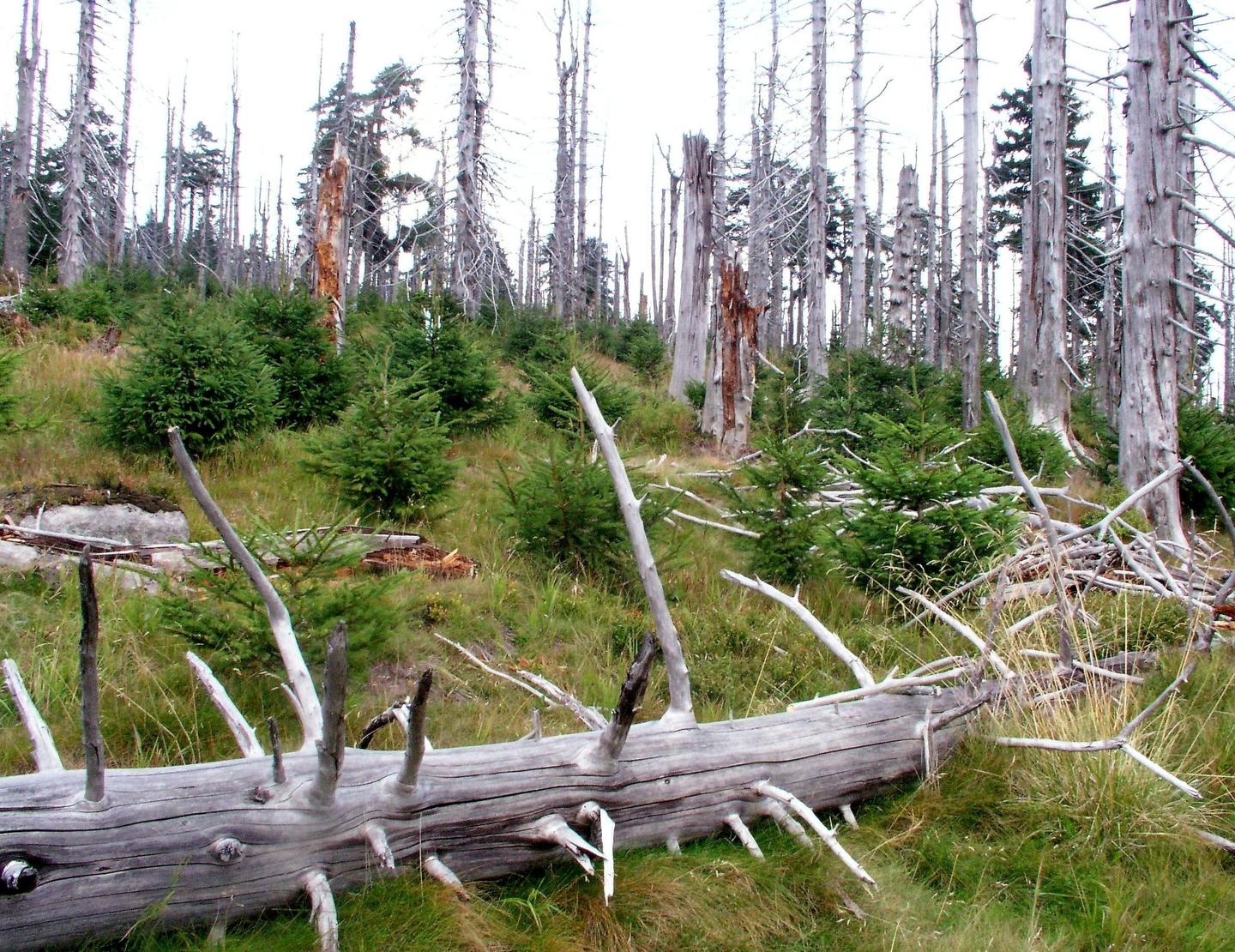Protecting biodiversity is essential for maintaining healthy ecosystems, ensuring sustainable development and reducing vulnerability to climate change. To this end, Iceland, Liechtenstein and Norway are supporting programmes for halting the loss of biodiversity in seven EU countries. As a part of this effort, a call for proposals for projects on halting biodiversity is now open in Lithuania.
Who can apply?
Both Lithuanian public and private entities as well as non-governmental organisations can apply for funding. Partnerships with institutions from Iceland, Liechtenstein and Norway are encouraged.
What is supported?
Projects contributing to reaching one or more of the following goals are eligible for funding:
• Preparation of restoration plans for big wetland complexes and restoration of wetlands involving local communities
• Restoration of wetlands involving local communities
• Development of mechanisms to maintain a good status of open natural habitats involving local communities
• Improvement of functions maintaining migration of ecological network
• Identification of sensitive conflict territories in terms of protection of biodiversity when developing capabilities of wind power generation and preparation of guidelines for conflict management
• Identification of impact of climate change on biodiversity and preparation of adjustment measures
• Consolidation of historic and decentralized data on the vegetation and location sites of protected species into a single national Protected Species Information System
When is the application deadline?
Applications must be submitted by 05.00 pm 21 April 2014.
Further information as well as the call documents can be found here
More information on the Grants’ efforts to halt biodiversity can be found here
